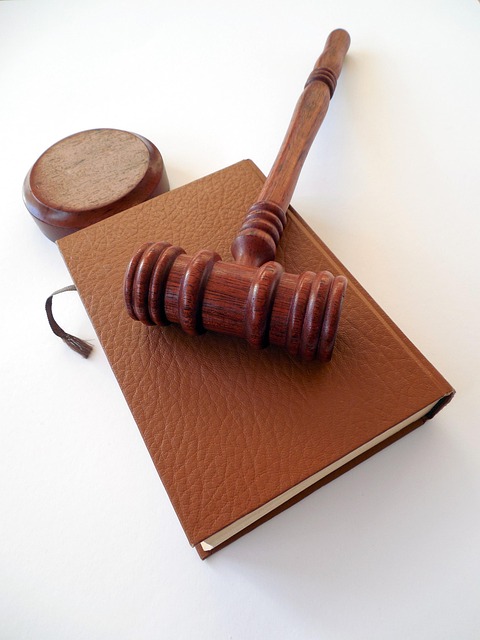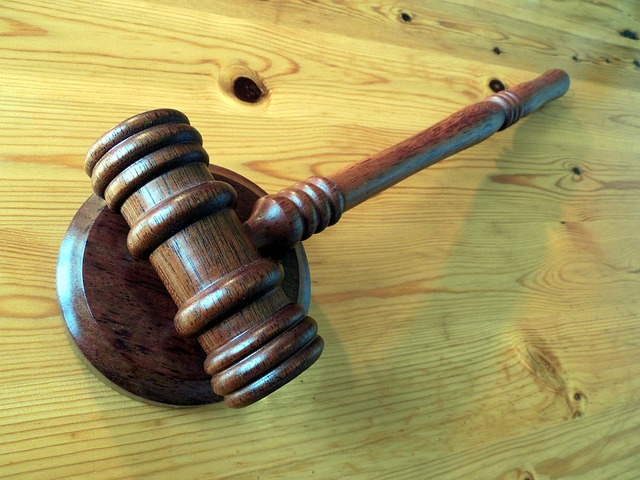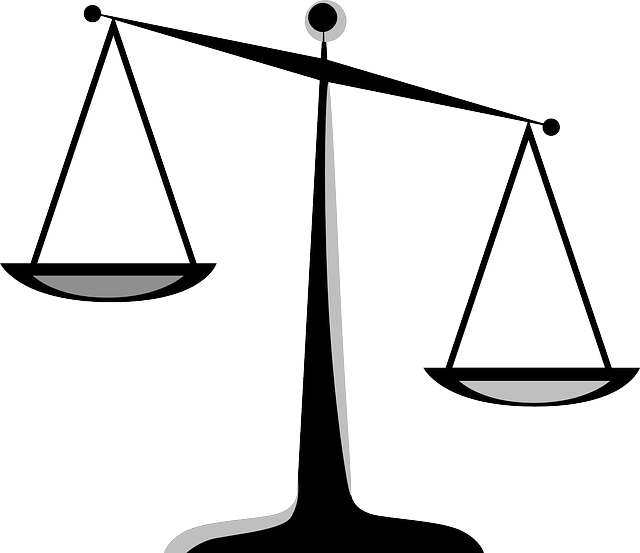Criminal lawyers in Houston must navigate complex rules regarding inadmissible evidence, including hearsay, uncertified statements, and illegally obtained proof, to ensure fairness and protect client rights. Understanding these rules is crucial for strategic decision-making during trials, as it can significantly influence the outcome of criminal cases. Skilled Houston criminal lawyers are vital in excluding misleading or unreliable information, such as unauthenticated documents or biased witness testimonies, to prevent wrongful convictions and maintain the integrity of the judicial process.
In the pursuit of justice, understanding inadmissible evidence is paramount. This article delves into the challenges posed by improper testimony and evidence, offering a comprehensive guide for criminal lawyers in Houston. We explore what constitutes inadmissible evidence, its impact on trial outcomes, and effective strategies to suppress it. From discrediting witness testimonies to navigating legal arguments, this resource equips attorneys with tools to protect their clients’ rights. Discover common pitfalls and learn successful tactics for suppression and appeal, ensuring robust case preparation.
- Understanding Inadmissible Evidence: What Counts and Why It Matters
- – Definition of inadmissible evidence
- – Types of evidence commonly excluded
- – Impact on trial outcomes
Understanding Inadmissible Evidence: What Counts and Why It Matters

Inadmissible evidence is a crucial concept for any criminal lawyer in Houston to grasp. It refers to any information or testimony that cannot be used in a court proceeding due to legal reasons. This could include statements made without proper witness accreditation, hearsay (out-of-court statements offered for truth), or evidence obtained through illegal search and seizure practices. The rules governing admissibility are designed to ensure fairness and protect the rights of both the defendant and the prosecution.
Understanding what constitutes inadmissible evidence is vital because it plays a significant role in shaping the outcome of criminal cases. If a criminal lawyer in Houston presents or attempts to admit such evidence, it could lead to its exclusion from the trial, potentially weakening the case significantly. Knowing when to identify and challenge inadmissible testimony is an art that these legal professionals master, ensuring their clients receive a fair trial based on legally sound arguments.
– Definition of inadmissible evidence

Inadmissible evidence refers to any material or testimony that a court refuses to admit as proof during a trial due to its lack of reliability, relevance, or adherence to legal standards. This can include hearsay statements, which are out-of-court declarations offered for truth, and speculative opinions without adequate support. For instance, a witness recounting what someone else said or claiming to know the intentions of another person without direct knowledge would typically be deemed inadmissible in a criminal case. Houston criminal lawyers often face the task of challenging such evidence to protect their clients’ rights and ensure a fair trial.
The rules governing admissibility vary across jurisdictions, but they are designed to prevent the admission of unreliable or misleading information that could sway jurors unfairly. Lawyers must navigate these complex rules, understanding when to object and how to effectively suppress inadmissible testimony. This strategic approach is crucial in maintaining the integrity of the legal process and safeguarding the rights of those accused of crimes, especially in high-stakes cases where a Houston criminal lawyer’s expertise can make a significant difference.
– Types of evidence commonly excluded

In a criminal case, a Houston criminal lawyer often encounters efforts to exclude evidence that may seem pertinent but is deemed inadmissible under the rules of evidence. Common types of evidence that are frequently excluded include hearsay statements, which are typically defined as out-of-court statements offered to prove the truth of the matter asserted. For instance, if a witness testifies about what another person said, this could be considered hearsay and ruled inadmissible unless it falls under an exception to the rule.
Another type of commonly excluded evidence is that which lacks proper authentication or foundation. This includes documents, photographs, or even physical objects presented as proof unless the party offering them can establish their authenticity and relevance. For example, a criminal lawyer might challenge the admission of a supposed incriminating text message if the prosecution cannot verify the sender or prove that the message was sent at the time claimed.
– Impact on trial outcomes

In any criminal case, the presentation of improper evidence or inadmissible testimony can significantly skew trial outcomes. This is particularly true in high-stakes cases where a Houston criminal lawyer might face an uphill battle to protect their client’s rights. The impact can be profound, potentially leading to wrongful convictions or, conversely, the failure to secure justice for the victims. When such errors occur, it undermines the integrity of the judicial process, casting doubt on the fairness and accuracy of the verdict.
For instance, consider a case where crucial evidence is admitted without proper authentication, leading the jury to make an incorrect assessment. Alternatively, if a witness provides testimony that is later revealed to be biased or unreliable, it can mislead the jury, affecting their ability to distinguish fact from fiction. In both scenarios, a Houston criminal lawyer’s efforts to suppress such evidence might have prevented a potentially unjust outcome, ensuring a more level playing field for all parties involved in the trial.
In the pursuit of justice, a criminal lawyer in Houston must be adept at navigating the complex landscape of evidence admissibility. By understanding what constitutes inadmissible evidence and its potential impact on trial outcomes, legal professionals can effectively suppress inappropriate testimony and ensure fair representations. This strategic approach not only protects the rights of the accused but also strengthens the integrity of the criminal justice system as a whole.
